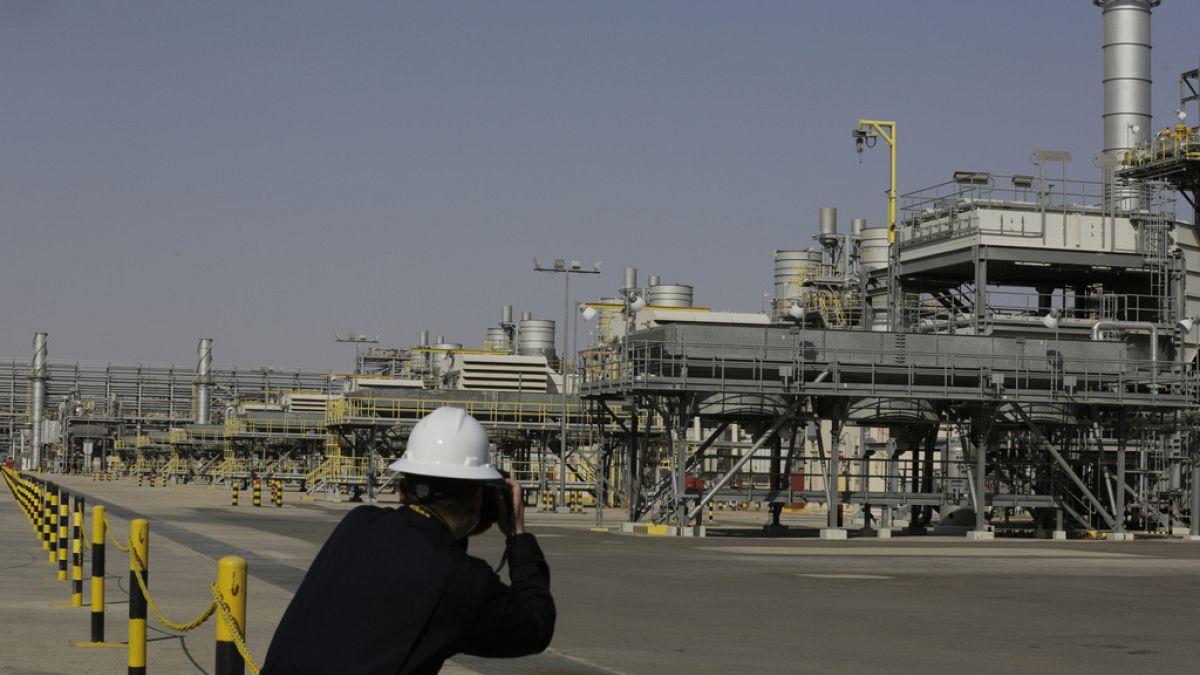

In a world rapidly seeking balance between innovation and sustainability, several significant strides have emerged across the energy and space sectors. These developments reflect a collaborative effort to adapt to the changing demands of technology, energy, and our environment.
First, the Organization of the Petroleum Exporting Countries along with its allies, commonly referred to as OPEC+, has announced an important adjustment in their oil production strategy. Following a recent meeting, eight member countries have agreed to increase oil production by an additional 548,000 barrels per day starting in September. This decision marks a concerted effort to cater to rising global demand while also considering the economic dynamics impacted by shifts in energy consumption patterns. This increase in supply offers potential stability in the market and aims to address the energy needs of a growing global economy.
Meanwhile, in a groundbreaking feat in space exploration, SpaceX has successfully delivered four astronauts to the International Space Station (ISS) a mere 15 hours after their launch. The crew, comprised of two astronauts from NASA, one from Russia, and another from Japan, exemplifies international cooperation in space travel. This achievement not only highlights SpaceX’s continual advancements in reducing travel time but also underscores the collaborative spirit of nations in the exploration and utilization of outer space. The mission continued the sustained human presence in the ISS, offering opportunities for further scientific research and innovation in space technologies.
On the sustainability front, Australia’s pathway to a greener future received a notable proposal from the Productivity Commission. As the commission releases a series of reports focused on enhancing productivity, one key recommendation stands out: transitioning from clean energy subsidies to market-based incentives from 2030 onwards. This recommendation is part of a broader aim to foster more efficient investments in the clean energy transformation while maintaining the economic vitality required for a net-zero future. By advocating for a market-driven approach, the commission suggests that it would allow for more adaptive and responsive solutions to the environmental challenges facing the energy sector. This change aims to promote innovations and investments that align with global sustainability goals.
As these developments unfold, they embody both the promise and the challenges of today’s dynamic world. The oil production adjustment by OPEC+ responds to immediate market needs while paving the way for further discussions on energy transitions. At the same time, renewed achievements in space expeditions continue to inspire scientific exploration beyond Earth, fostering unprecedented international partnerships. Meanwhile, Australia’s considerations for energy market reforms present a thoughtful approach to integrating ecological mindfulness with economic strategy.
Together, these stories collectively sketch a portrait of a world in motion—one that seeks harmonized progress across diverse fields, supporting a future that is as sustainable as it is enterprising. As these initiatives move forward, they remind us of the interconnectedness of our global endeavors and the shared mission towards brighter possibilities ahead.
Source: {link}
